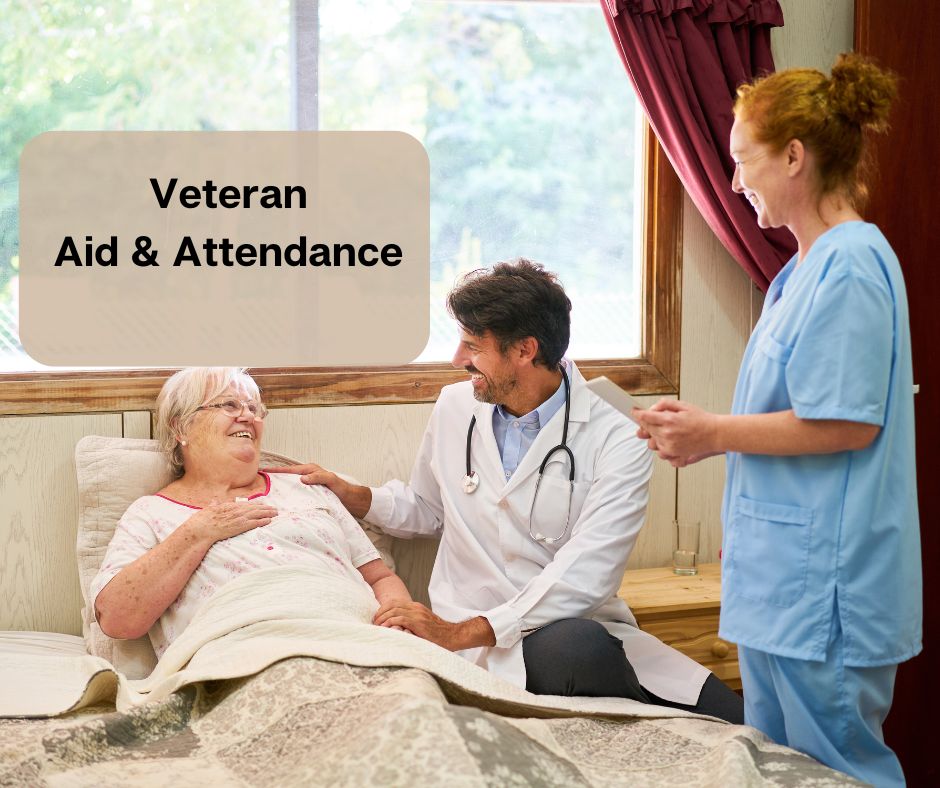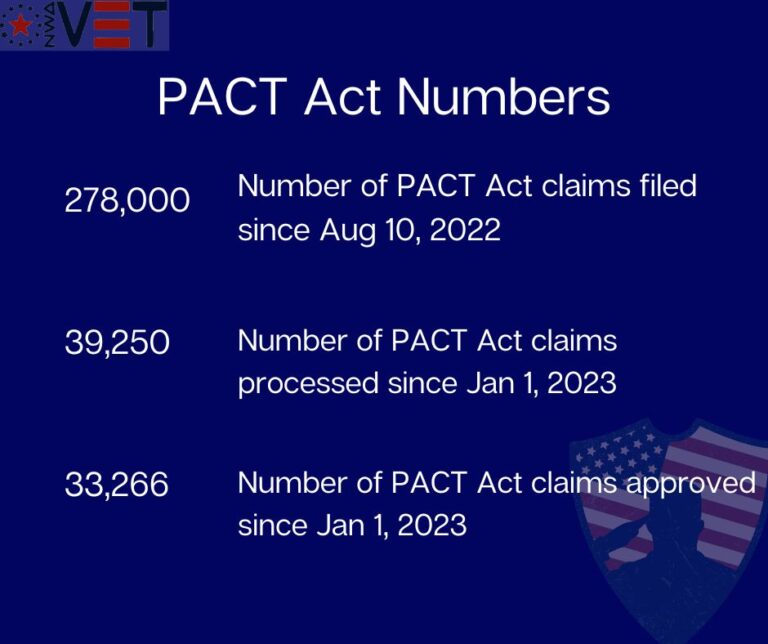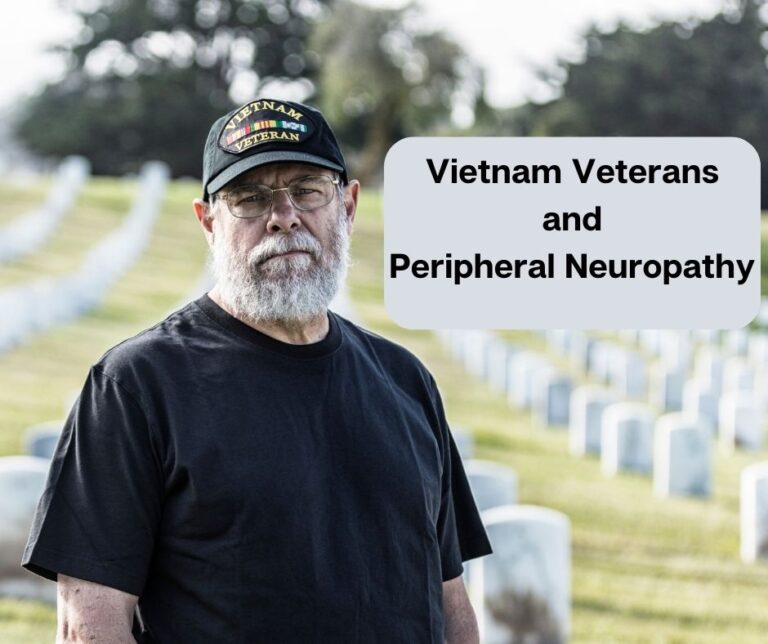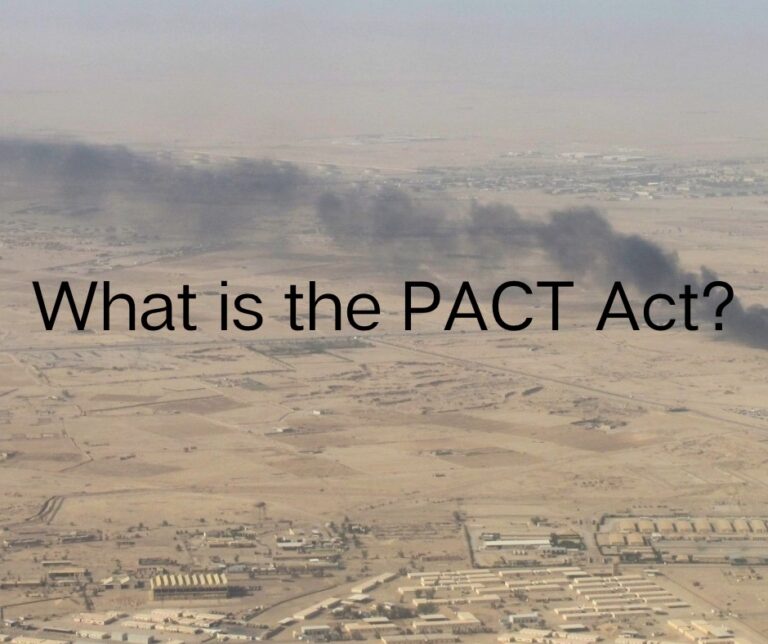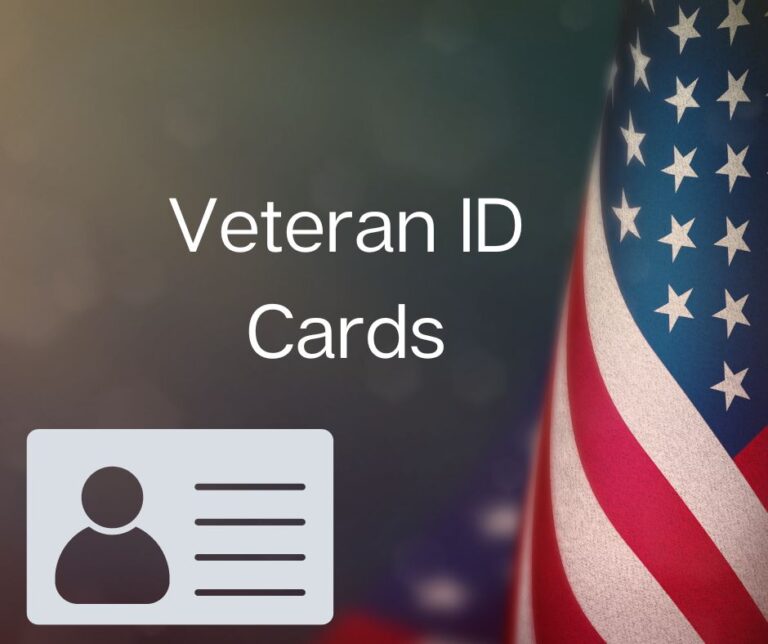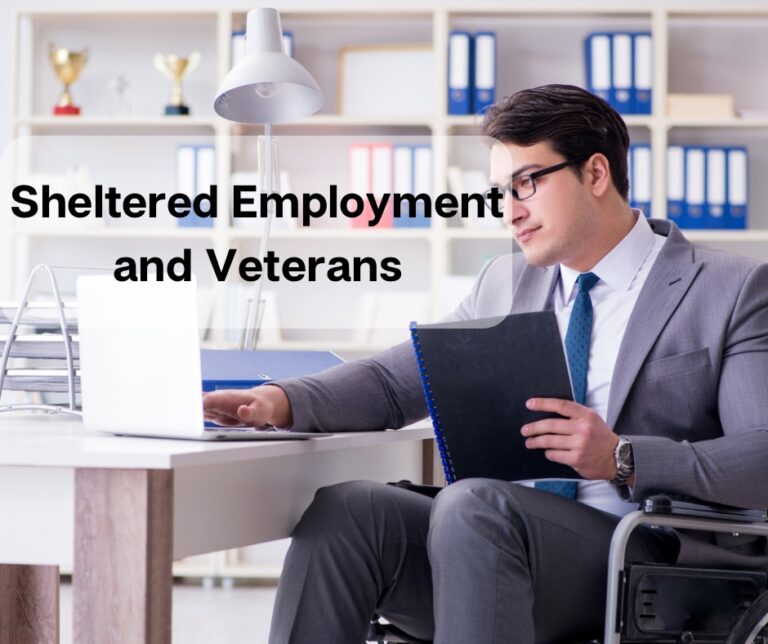A Lifeline for Heroes: Understanding Veterans’ Aid and Attendance
One of the areas of veteran’s benefits that seems to cause confusion is Aid and Attendance with a Veterans pension. Today we will examine what Aid and Attendance is and who is eligible to receive it.
Pension
A Veteran’s Pension is a needs-based benefit program provided by the Department of Veterans Affairs (VA) to eligible wartime veterans. To qualify, veterans must meet certain age or disability requirements. The program is designed to offer financial support to veterans with limited income who are unable to work due to disabilities or age (specifically those who are 65 or older). It is targeted at veterans who did not retire from military service but find themselves in need of financial assistance due to their circumstances. The pension is a monthly cash benefit aimed at helping those who served during wartime periods but are now experiencing financial difficulties, either due to age-related issues or disabilities not connected to their service .
Wartime Service Requirement
The wartime service requirement for a Veterans Pension mandates that a veteran must have served at least 90 days of active duty, with at least one day during a recognized wartime period.. The stipulation of serving during wartime aims to ensure that veterans who were potentially exposed to combat or served under the conditions of war are eligible for this pension as a form of recognition and support for their service to the country.
Wartime Periods
The U.S. Department of Veterans Affairs (VA) recognizes several wartime periods for the purpose of determining eligibility for VA Pension benefits. These periods are:
- 1. **Mexican Border Period: – May 9, 1916, to April 5, 1917, for Veterans who served in Mexico, on its borders, or adjacent waters.
- 2. **World War I: – April 6, 1917, to November 11, 1918. If the Veteran served with the United States military forces in Russia, the ending date is extended to April 1, 1920.
- 3. **World War II: – December 7, 1941, to December 31, 1946.
- 4. **Korean War: – Specific dates for the Korean War are not listed in the provided search results but typically recognized from June 27, 1950, to January 31, 1955.
- 5. **Vietnam War: – Dates for the Vietnam War are not directly provided in the search results but are generally recognized from August 5, 1964 (or February 28, 1961, for Veterans who served in-country before August 5, 1964), to May 7, 1975.
- 6. **Gulf War: – The starting date is recognized from August 2, 1990, and is ongoing as it requires an end date set by law or Presidential Proclamation.
These periods are established to ensure that veterans who served during times of conflict can be acknowledged and supported through benefits like the VA Pension.
Aid and Attendance
Aid and Attendance (A&A) is a benefit provided by the VA to veterans who are already eligible for a VA pension and require the aid of another person to perform personal functions required in everyday living, or who are bedridden, a patient in a nursing home due to mental or physical incapacity, or suffering from a severe visual impairment. The A&A benefit is designed to provide additional financial assistance on top of the regular VA pension to help cover the cost of necessary health care and personal assistance. Veterans who meet the eligibility criteria for a VA pension and require this level of support due to their physical or mental condition can apply for the A&A benefit by filling out VA Form 21-2680 and mailing it to the Pension Management Center (PMC) for their state.
The easiest way to apply for Aid and Attendance is to contact your local Veteran Service Officer. Filing for A&A requires more paperwork including forms which must be signed by a doctor stating why the veteran requires attendance. Veteran Service Officers are skilled at navigating the paperwork for the VA and are able to give assistance and guidance to veterans who are filing for most VA benefits, including A&A.
We hope this explanation is helpful for those questioning the difference between pension and A&A. As always, feel free to drop any questions or comments below, or feel free to email us at info@nwavet.org.

